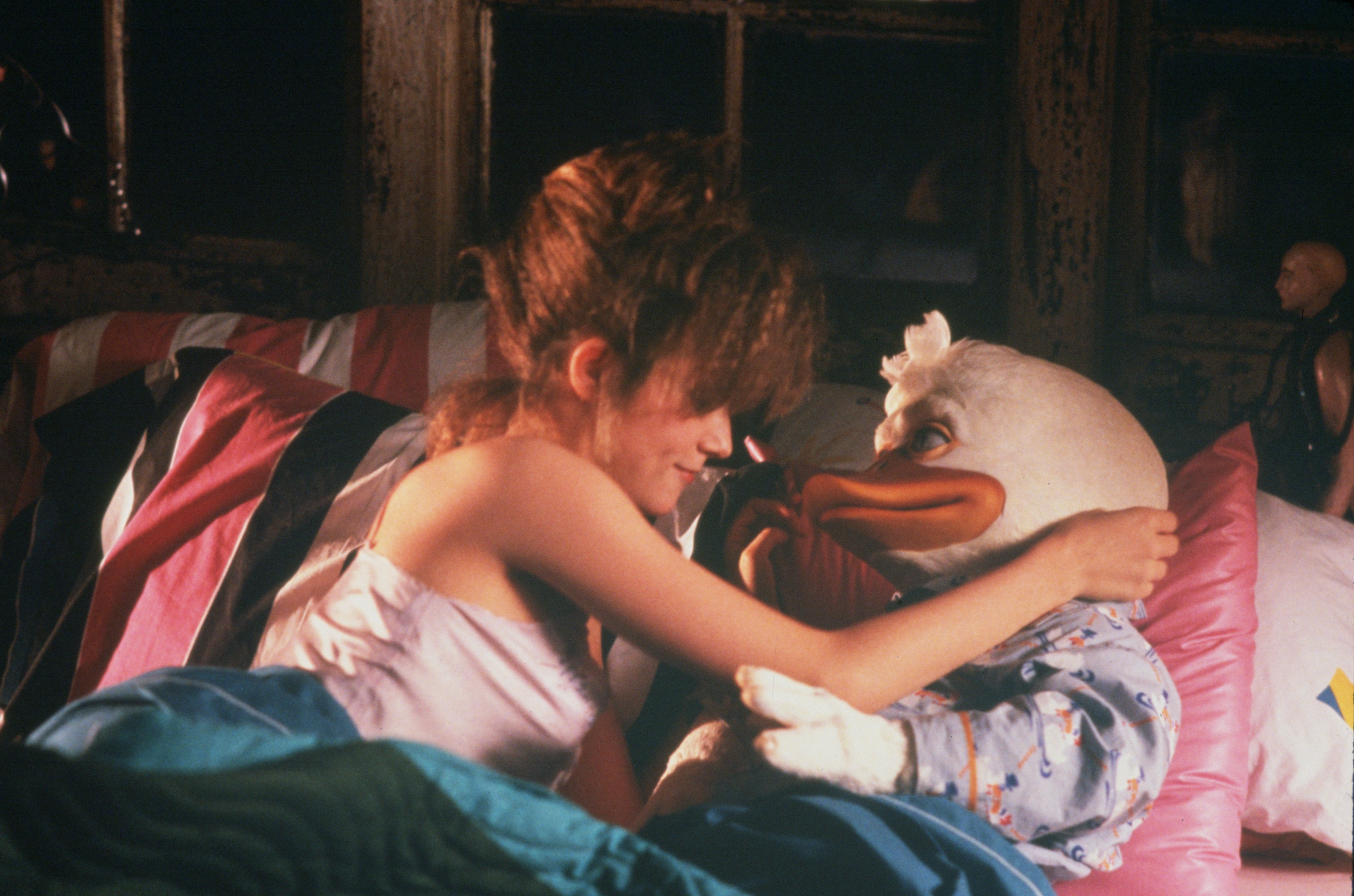Could ‘classic’ box-office flops save Hollywood?
With cinemagoers turned off by overhyped blockbusters, tired sequels and one-star-rated indie offerings, old films – and even some famous duds – are putting bums on seats, says Tom Teodorczuk, who has coined a word for this new economic phenomenon


As far as I’m aware, nobody has yet come up with a term to describe the surprising resurgence of old movies being shown in cinemas because so many films today are so bad. So how about “Friedkinomics”?
It is a reference both to William Friedkin – the maverick of American cinema whose classics such as The Exorcist, The French Connection and Sorcerer are a staple of repertory cinemas everywhere; and the economic theory of “freakonomics” popularised by American academics Steven Levitt and Stephen Dubner, which championed the effect of unconventional behaviours.
Head to your local Curzon or Odeon tonight, and you’ll doubtless have the option to catch up with a vintage movie, if the overhyped blockbusters, tired sequels or underwhelming indie films being shown on the bigger screens don’t appeal.
Reviews of this weekend’s new openings might suggest why. Two of Hollywood’s most bankable stars, Brad Pitt and George Clooney, have reunited for the first time in 16 years for derivative comedy thriller, Wolfs, which has earned several one-star notices. Francis Ford Coppola’s The Godfather and Apocalypse Now are being revived on a regular basis – but a similar fate is unlikely to befall his latest film, Megalopolis, which has been slated by critics as bloated and self indulgent.
A third of the current box office top 15 comprises either film re-releases or filmed stage productions, notably Christopher Nolan’s decade-old sci-fi drama Interstellar. Historical drama Firebrand, in which Jude Law plays Henry VIII, recently grossed less in its opening weekend than a re-release of Star Wars: Revenge of the Sith.
Forthcoming re-releases range from the Patrick Swayze-Keanu Reeves surfer action movie Point Break to Australian comedy Muriel’s Wedding, both of which were released in the 1990s, a popular decade for reissues.
One film producer told me that cinemas are now leaning in to old films in a big way by “counterprogramming” – meaning that this Hallowe’en, Nightmare on Elm Street will be reissued along with the animated British film that traumatised a generation, Watership Down. Come for Freddie Kruger, stay for the bloodthirsty rabbits.
I was particularly sensitive to old films in the cinema during my upbringing. My mother was a sound editor in the 1960s on films including You Only Live Twice and The Spy Who Came in from the Cold but, for reasons that would doubtless interest the therapists from Ordinary People or Good Will Hunting, brought us up without a television. My father liked to say the only new things to learn are from old history and old movies and yet this parental affection for classic cinema was accompanied by there existing minimal opportunity to see them.
Fast forward to now, where the increase in interest in old cinema extends to celebrities. This summer, I spotted Graham Norton at a regular screening of The Long Good Friday at Manhattan’s Film Forum; a few years before Greta Gerwig directed Barbie, a friend of mine saw her at a showing of L’Avventura at the same venue.
The primary reason for cinemas filling up on so many old films is new films, but it has also been slow to capitalise on its history. When it comes to embracing anniversary-driven nostalgia, cinema has lagged behind music, which was powered by the revival of vinyl. It took the double whammy of a Hollywood writers’ strike and Covid-19, both of which halted film production, to expedite the demand for putting on classic movies in otherwise empty screens. According to one studio, one out of every five moviegoers has vanished since the pandemic.
But there’s a growing appetite for old films. Eric Hynes, curator of film at the Museum of the Moving Image in New York, told me that whenever 2001: A Space Odyssey is shown in the 35mm format rather than digitally, audiences double in size. It’s not only classics that are being revisited; in the past month, Howard the Duck and Batman and Robin – two of the biggest blockbuster flops in cinematic history – have been shown with some fanfare in London cinemas.
Nobody would be more thrilled than William Friedkin at the emergence of Friedkinomics – except perhaps the cinema staff whose jobs might otherwise be at risk by venues closing. Towards the end of his career, he kept busy between films by restoring his old movies. How cheering that cinemagoers want to see them more than ever.



Join our commenting forum
Join thought-provoking conversations, follow other Independent readers and see their replies
Comments